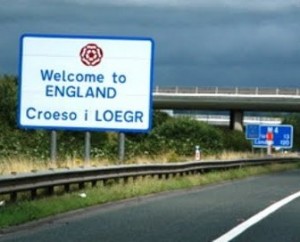‘The Caramel Forest’ and ‘Day 29’ are both set in the forests of the planet Lutania.
This imagined place owes a lot to the Strugatsky brothers’ The Snail on the Slope, which also describes a strange forest where human inhabitants live among strange alien life forms, while a scientific agency sits on a cliff above. Stanislaw Lem’s Solaris has a similar set-up of human scientists hovering above a weird, utterly inscrutable, living ocean, and the ‘castle’ in ‘The Caramel Forest’ was suggested to me by the inexplicable structures that emerged from time to time from the seething surface of Solaris.
Both Solaris and Snail on the Slope are books that refuse to resolve themselves. One way of looking at this is to say that such books deny the reader the pleasure of tied-up loose ends. But you could equally well say that they refuse to snatch back from the reader an encounter with the alien. Tidy endings can be acts of vandalism.
‘Hansel and Gretel’ is in the mix here too of course, along with all the other sinister/enticing forests in fairy tales. (Laura Diehl, who did the illustration of ‘The Caramel Forest’ for the Asimov’s cover is primarily a children’s book illustrator. A great choice.) So, I think, is a stoned and dreamy LP by a jazz-tinged 1970s prog-rock band called Caravan, whose title track began:
In the land of grey and pink where only boy-scouts stop to think
They’ll be coming back again, those nasty grumbly grimblies
And they’re climbing down your chimney, yes they’re trying to get in
Come to take your money – isn’t it a sin, they’re so thin?
* * *
The ‘goblins’ in Lutania are able to stir things up in people’s minds. For most people, this is unwelcome. They are forced to think about painful or scary things that they’ve tried to bury. They feel invaded. But for Cassie in ‘The Caramel Forest’ it’s actually a relief to hear the voices in her head confirming what she already knows about her parents’ unhappy marriage and her mother’s lack of interest in being a mum. Better to have it confirmed than to leave it unspoken.
Odd, solitary Stephen in ‘Day 29’ is a different case. His secrets are so deeply buried that even the goblins can’t winkle them out. But they can still taunt him with the fact that he’s hiding things.
(This post refers to two stories, both originally published in Asimov’s, which are included in the Peacock Cloak collection.)


